“WHAT CONSTITUTES IDEAL HORSE ARENA FOOTING? WHAT CONSIDERATIONS DO YOU TAKE WHEN CRAFTING A TRAINING SURFACE AT HOME OR AT A COMPETITION ARENA?
At Footing Solutions USA, we believe the ideal horse arena footing is the surface that has been specifically constructed with the horse in mind. We want to make sure the horse arena footing matches the riding discipline and the level of competition that will ultimately be utilizing it. This is the way to keep horses sound, happy, and performing at their best.
When we craft a horse arena surface, we always keep some basic considerations about the physics of horse arena footing in mind. For instance, an arena surface that is too hard absorbs little to no impact energy and creates a horse arena footing that is hard on the horses’ bones and joints. The horses then adjust their movement to avoid excessive shock to the limbs, causing a diminishment of the gaits. Conversely, horses working on a horse arena footing that is too soft and loose have to cope with the extra energy required to push off from an unsupportive surface. This strains the tendons and ligaments and is fatiguing for the horses. Our ultimate goal is the perfect balance between impact firmness and shock absorbance in the horse arena footing.
With regard to the building process, the most important consideration is the Arena Base. When we build, we begin with a sub-base of compacted, built up subsoil. On top of that, a four to six inch compacted, uniform, and leveled layer of well-graded aggregate constitutes the arena base. Drainage is an integral part of the base, and we have found the HIT DrainGrid System to be an excellent system. The unique grid design allows for transversal drainage, meaning water is being drained vertically and horizontally away from the surface, making standing water is a thing of the past.
For the actual horse arena footing, the most important ingredient is the sand. The selection of the arena sand will either “make or break” the type of arena surface you are trying to achieve! We work with specific gradations of arena sand and potentially add in a blend of synthetic geotextile sand additives. Arena Sand can be difficult to source as many quarries are not sure how the sand will perform. This is why we source from specific quarries and test the arena sand regularly. High quality arena sand is essential to creating and maintaining the arena surface – it is worth the investment. Typically, we add three inches of horse arena footing for dressage arenas and four to five inches for jumping arenas. Thick synthetic geotextiles, such as the FS GeoTEX sand additives, allow for added spring, cushion, traction, and support. Synthetic Geotextiles also work to keep moisture content in the horse arena footing, which creates strength in the sand similar to the way dirt is stabilized by roots. When the horses come down on top of the horse arena footing, the felt or fibers compress and release the moisture back into the sand.We work with our clients to determine the perfect ratio of arena sand to geotextiles and can adjust as necessary.
Jumping competition surfaces, especially at higher levels, demand slightly different properties from training surfaces. Top level competition surfaces require a firmer surface with good grip, but also need to provide good cushioning for impact absorption. In comparison, we build home, training, and warm-up arenas softer with more spring and cushioning to provide the best shock absorption to ensure soundness and performance.
The horse arena footing will be only as good as your maintenance! The watering frequency, the dragging schedule, and the expected life of the arena are all considered when we craft an arena. For us, the ideal horse arena footing is one that makes the horses our clients happy, so we design and build with them with their horses in mind.
— HILO NICK, OWNER Footing Solutions USA
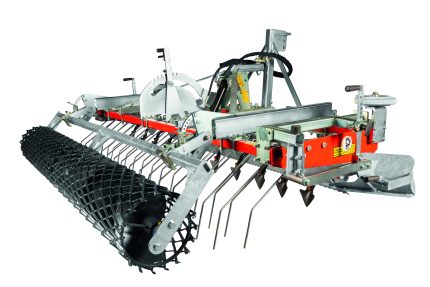
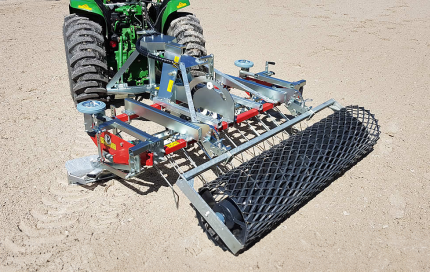
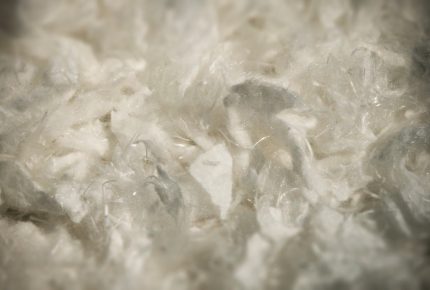
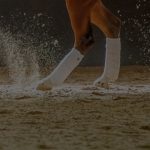 Geotextile Arena Footing
Geotextile Arena Footing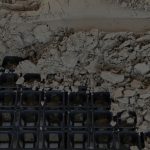 Ground Mats and Grids
Ground Mats and Grids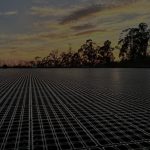 Subsurface Irrigation
Subsurface Irrigation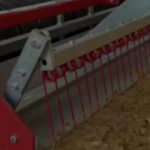 Arena Drags & Groomers
Arena Drags & Groomers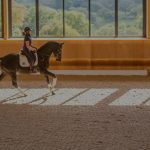 Mirrors and Kickwall
Mirrors and Kickwall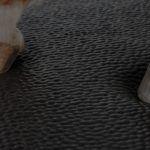 Horse Wellness
Horse Wellness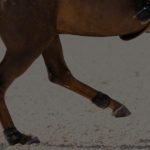 Dust Control
Dust Control